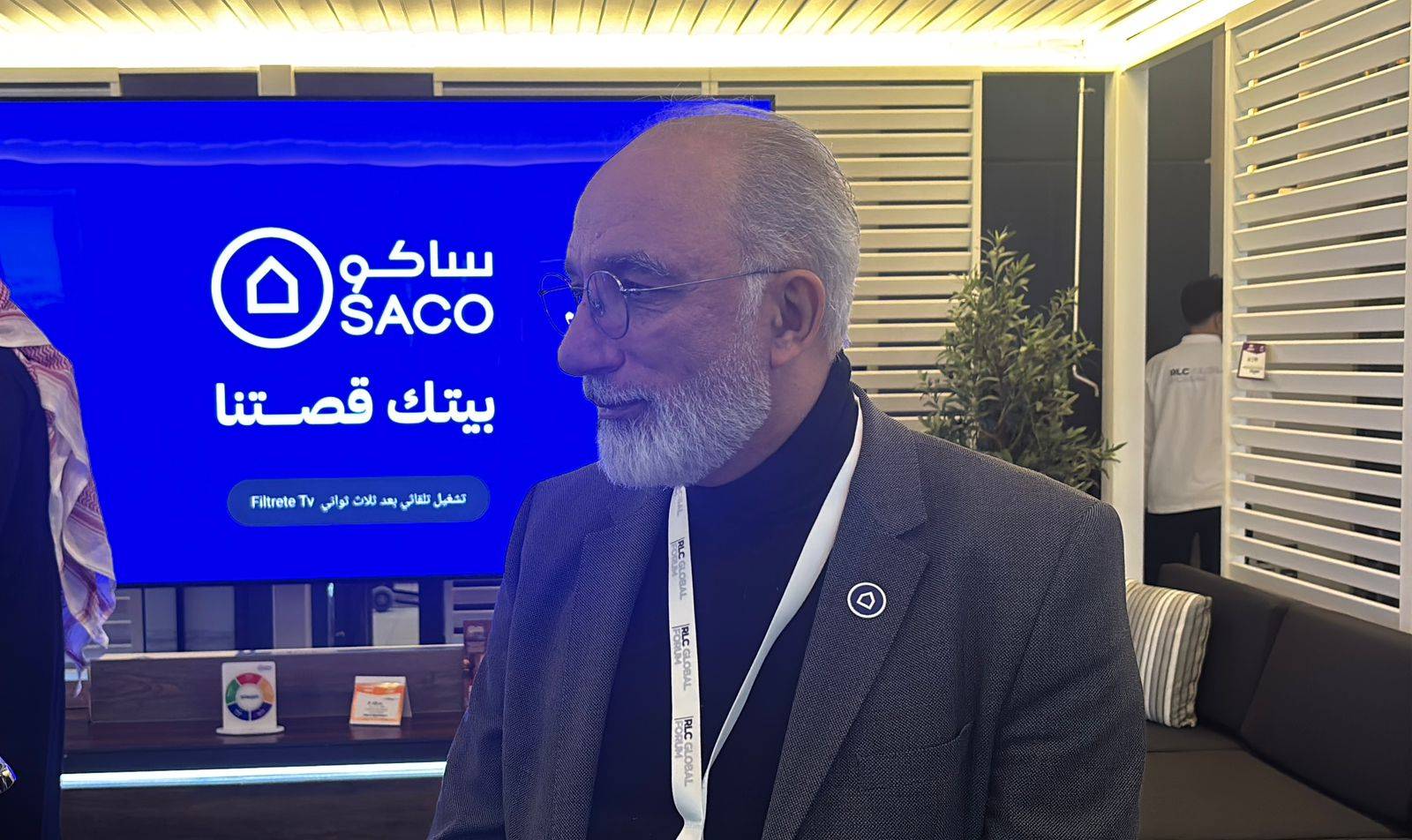The Saudi private sector is intensifying efforts to maximize the benefits of the Arab-China Business Conference, which will be held next week in Riyadh.
The volume of trade exchange between Saudi Arabia and China is witnessing a remarkable growth, reaching SAR 1.2 trillion ($320 billion) over the past five years.
These figures reflect the strength and durability of the strategic economic partnership and the diversity of investment opportunities in both countries.
According to information obtained by Asharq Al-Awsat, the Federation of Saudi Chambers has called on the private sector to participate in the conference in order to benefit from opportunities to strengthen economic and trade relations and develop investments between China and Arab countries.
Riyadh is scheduled to host the 10th edition of the Arab-China Business Conference on June 11-12.
The conference will be held under the theme, Cooperation for Prosperity, and aims to support and strengthen the economic, trade and investment partnership between China and the Arab countries, in a step towards reaching solutions that take into account common interests through strategic cooperation.
The conference will provide a space for research and discussion among a group of forward-thinking executives, business leaders, investors and entrepreneurs.
According to a report recently issued by the Federation of Saudi Chambers, Saudi-Chinese economic relations are witnessing growth and promising prospects in light of the supportive political will. This provides wide opportunities for economic cooperation and commercial and investment partnerships between the business sectors of the two countries.
The report highlighted the bilateral economic relations, which represent an international model for constructive fruitful cooperation and strategic partnership, thanks to their reliance on a solid base of institutional and regulatory frameworks represented by the Saudi-Chinese joint committee, Vision 2030 and the Belt and Road initiative, as well as the Saudi-Chinese Business Council.
The report also shed light on the opportunities for economic integration between the Kingdom and China, in light of the Chinese Belt and Silk Road initiative, which is consistent in many aspects with Vision 2030.
China exports a number of products and commodities to Saudi Arabia, including electrical equipment, heavy machinery, furniture, vehicles, clothing, plastics, iron and steel, ceramic products, rubber, ready-made construction equipment, and other goods.
Oil, chemical industries, plastics and their products, and rubber are the most important Saudi commodities exported to China.










